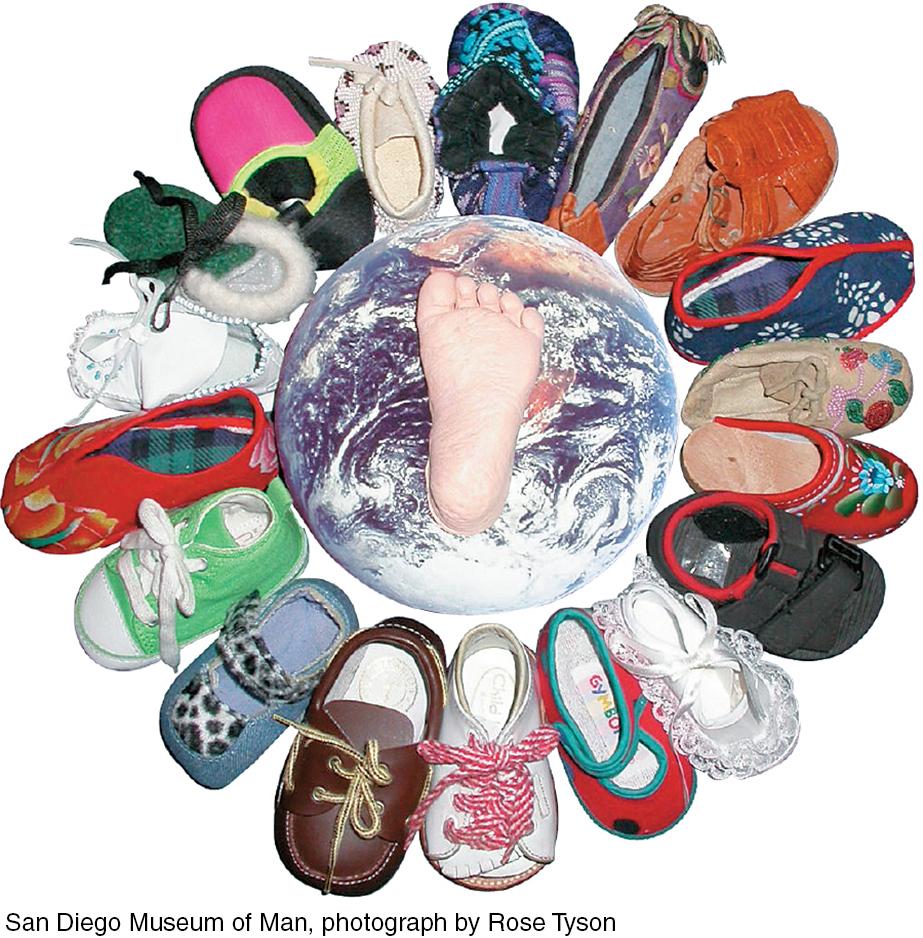15.6 Reflections on the Nature and Nurture of Sex, Gender, and Sexuality

Our ancestral history helped form us as a species. Where there is variation, natural selection, and heredity, there will be evolution. Our genes form us. This is a great truth about human nature.
But our culture and experiences also form us. If their genes and hormones predispose males to be more physically aggressive than females, culture can amplify this gender difference through norms that shower benefits on macho men and gentle women. If men are encouraged toward roles that demand physical power, and women toward more nurturing roles, each may act accordingly. By exhibiting the actions expected of those who fill such roles, men and women shape their own traits. Presidents in time become more presidential, servants more servile. Gender roles similarly shape us.
In many modern cultures, gender roles are merging. Brute strength is becoming increasingly less important for power and status (think Mark Zuckerberg and Hillary Clinton). From 1965 to 2013, women soared from 9 to 47 percent of U.S. medical students (AAMC, 2014). In 1965, U.S. married women devoted eight times as many hours to housework as did their husbands; by 2011 this gap had shrunk to less than twice as many (Parker & Wang, 2013). Such swift changes signal that biology does not fix gender roles.
If nature and nurture jointly form us, are we “nothing but” the product of nature and nurture? Are we rigidly determined?
We are the product of nature and nurture, but we are also an open system. Genes are all-

We can’t excuse our failings by blaming them solely on bad genes or bad influences. In reality, we are both the creatures and the creators of our worlds. So many things about us—